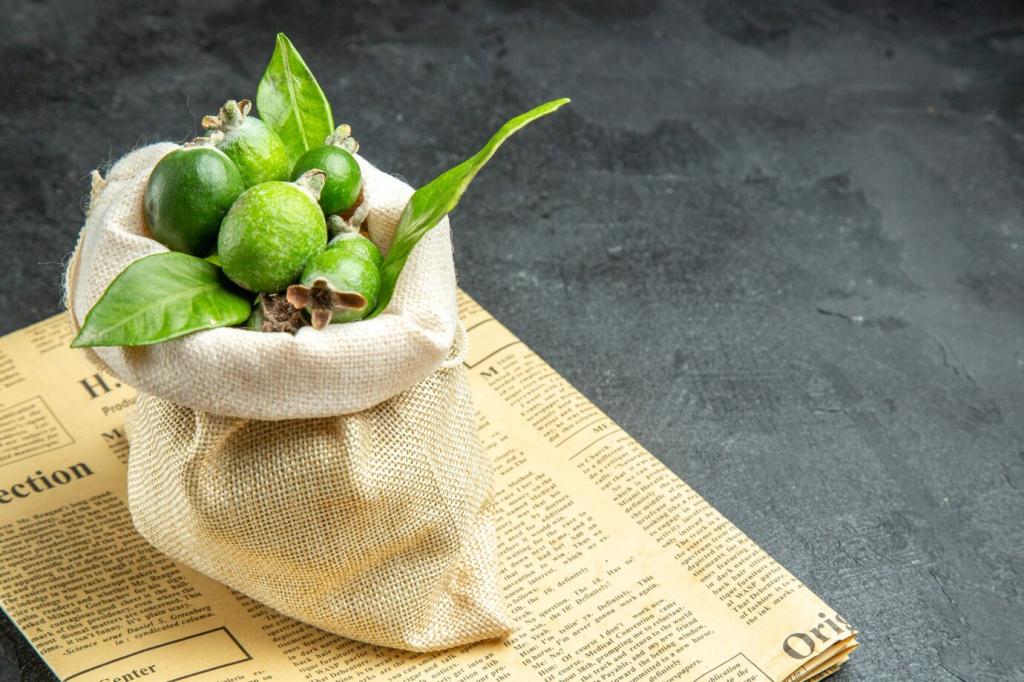
Water Conservation Tips for Households
Water is a precious resource that plays a vital role in every aspect of our lives, and conserving it has never been more important than it is today. The growing global demand, coupled with changing climate patterns, has led to increased stress on water supplies. Households, as primary users, hold the potential to make a significant positive impact through mindful consumption and smarter habits. Embracing water conservation at home not only supports the health of our environment but can also lead to noticeable savings on utility bills, fostering a sense of responsibility towards future generations.
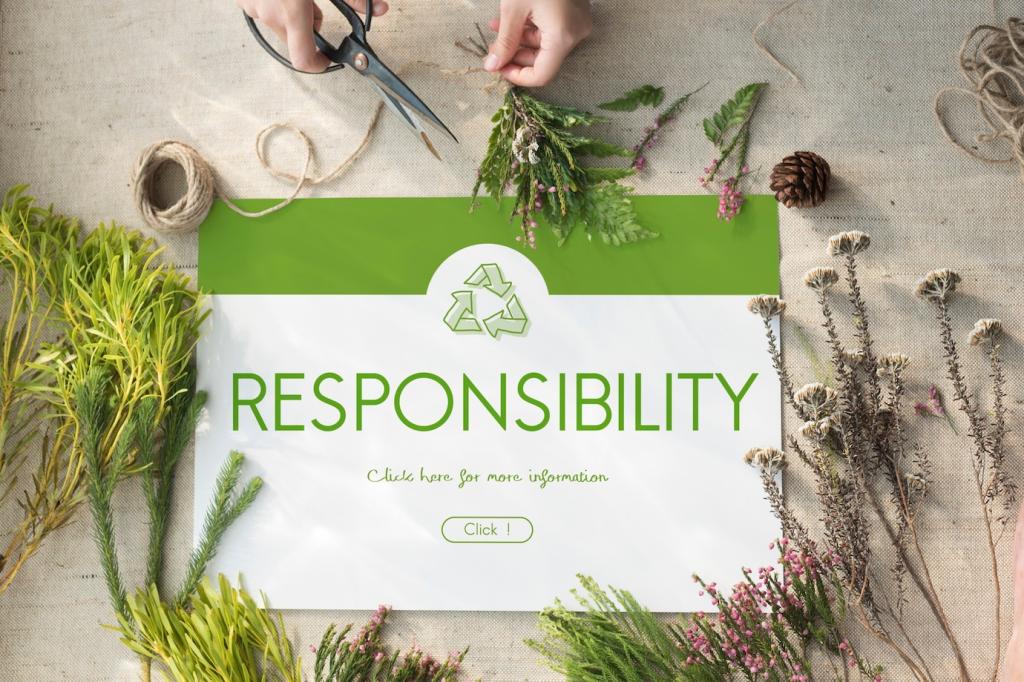
Shorter Showers Matter
Long, relaxing showers can be tempting, but they are also a major source of water waste. By intentionally shortening shower times, households can save dozens of gallons per day. Using a timer or playing a short song is an effective reminder to keep showers brief. Additionally, replacing traditional showerheads with low-flow models maintains comfortable water pressure while significantly reducing the amount of water used. Being mindful of the time spent in the shower helps instill a water-saving mindset among all household members, creating lasting habits that benefit both the home and the environment.

Fixing Leaks Promptly
A dripping faucet or faulty toilet can seem like a minor nuisance, but over time these leaks can result in hundreds of gallons of wasted water. Regularly checking for leaks in bathroom fixtures and pipelines is essential for conservation. Early detection not only saves water but also prevents potential damage to walls, floors, and cabinetry. Simple fixes, such as replacing washers or tightening connections, can often resolve leaks without significant expense. Making the commitment to address even minor leaks promptly reflects a broader dedication to responsible water use.
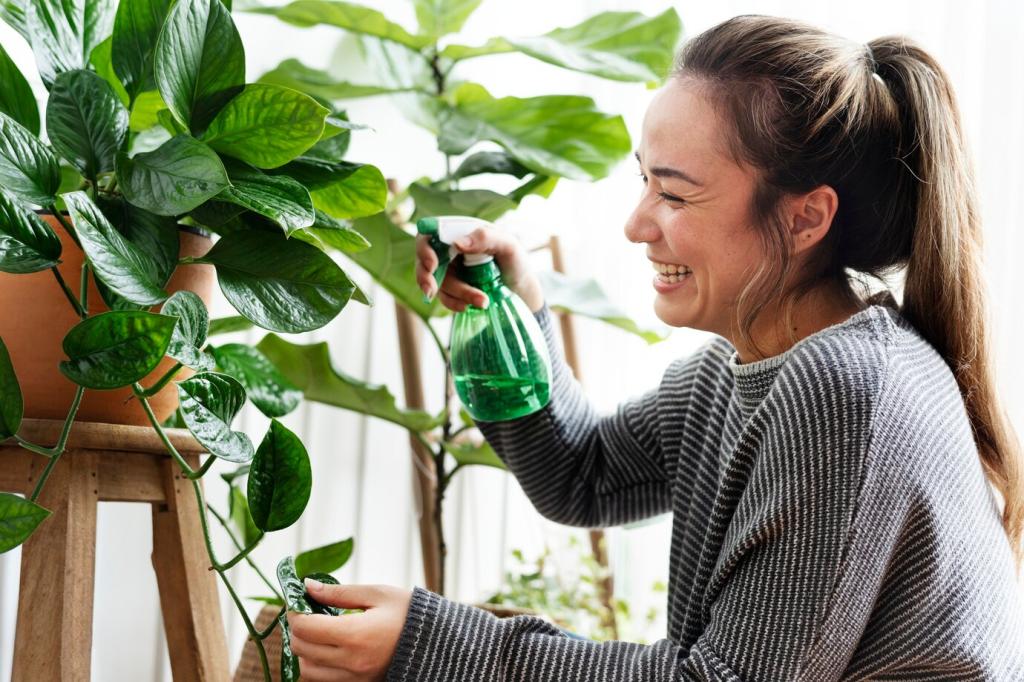
Turning Off the Tap During Daily Routines
Many everyday bathroom activities, such as brushing teeth or shaving, often involve running water unnecessarily. By making a conscious effort to turn off the tap when water isn’t actively needed, significant amounts of water can be conserved. This small change, when practiced consistently, magnifies in impact over time—especially when embraced by every member of the household. Encouraging children to adopt this practice early can foster a lifelong habit of water consciousness, further multiplying the benefits across generations.
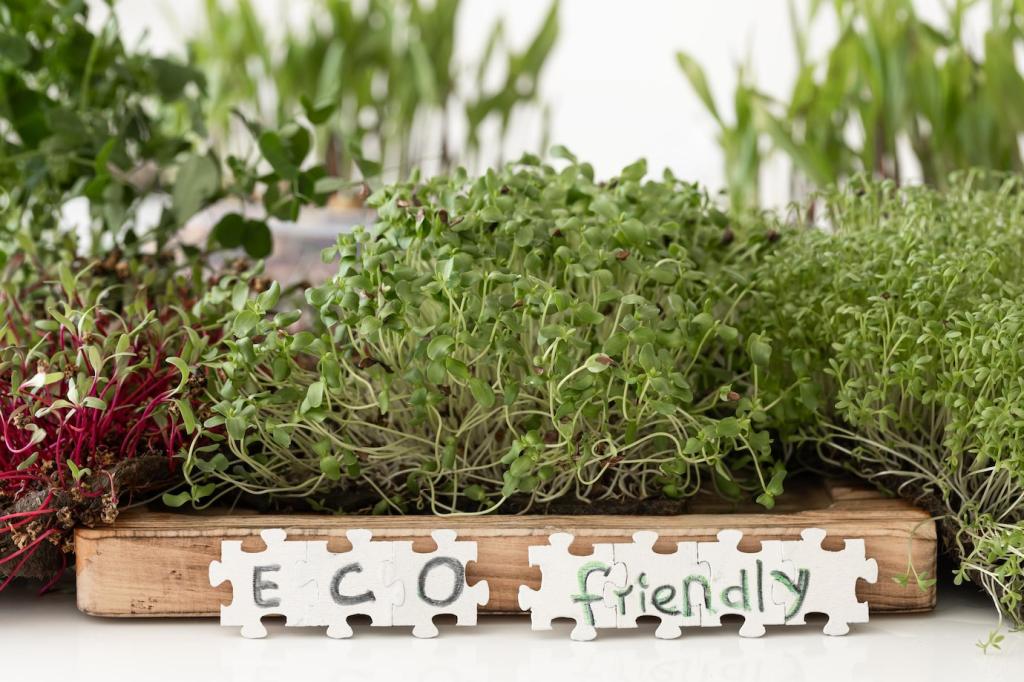
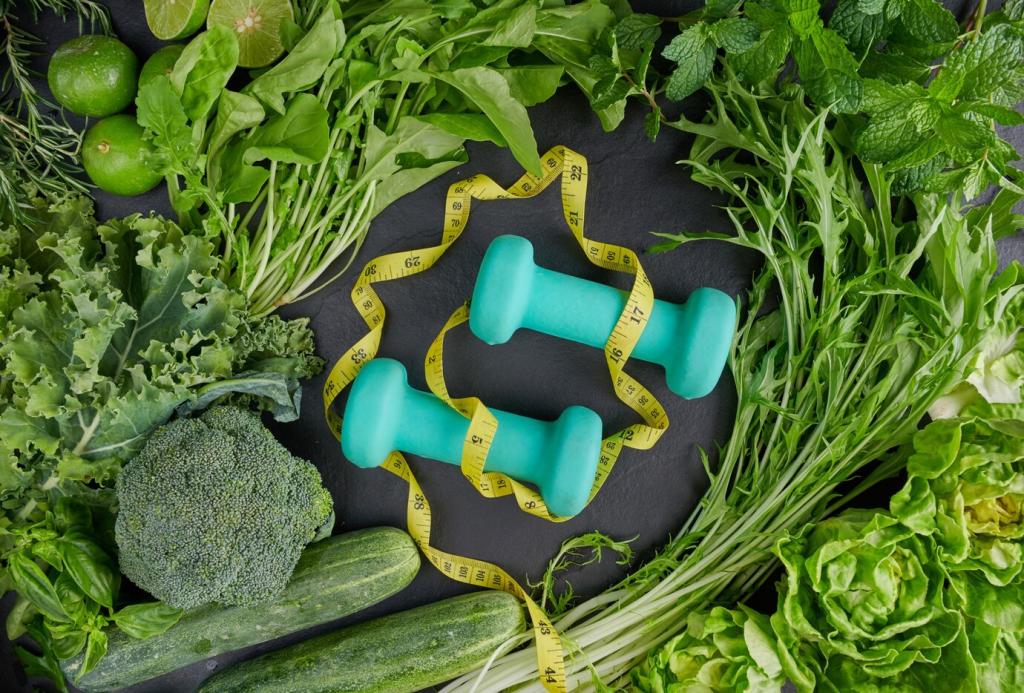
Water-Efficient Landscaping Choices
The plants and grass chosen for home landscaping play a critical role in determining outdoor water needs. Opting for native or drought-resistant species means the garden will naturally require less supplemental watering, as these plants are adapted to local rainfall and climate. Replacing large expanses of thirsty turf with groundcovers or hardy shrubs not only conserves water but also adds visual and biological diversity to the landscape. Over time, a thoughtful plant selection can transform any garden into a beautiful, sustainable oasis.
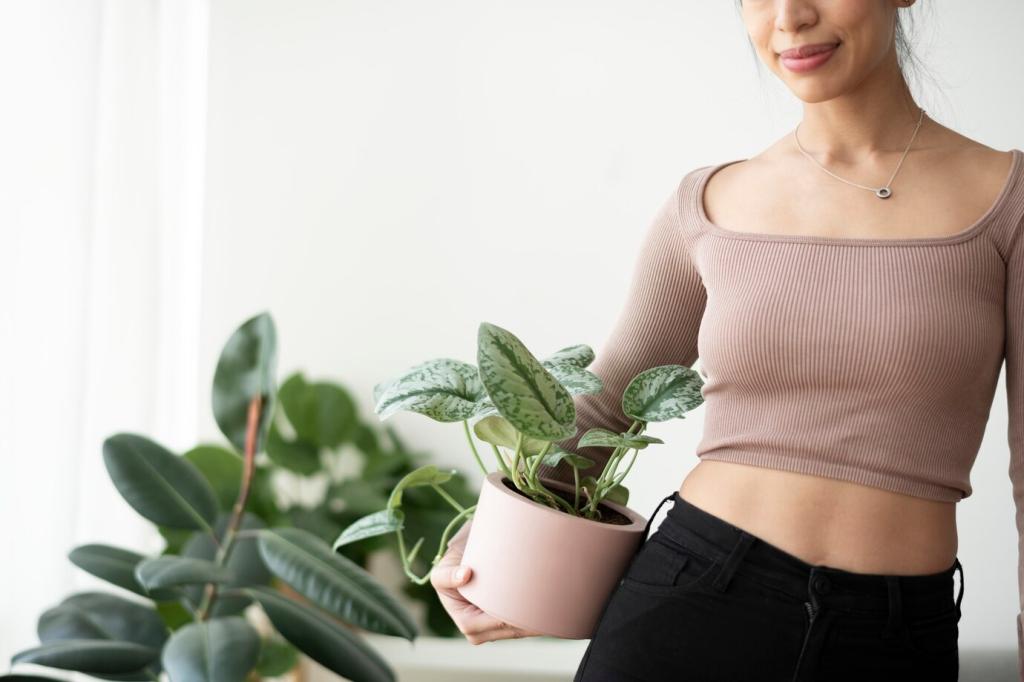
Optimizing Irrigation Practices
Irrigation habits largely influence the amount of water needed to maintain lawns and gardens. Watering during the early morning or late evening reduces loss from evaporation, ensuring more water reaches plant roots. Installing drip irrigation systems or soaker hoses delivers water directly where it’s needed, avoiding waste associated with traditional sprinklers. Regularly checking systems for leaks and adjusting watering schedules to accommodate seasonal changes further enhances efficiency, helping every drop count in the pursuit of a healthy, water-wise yard.
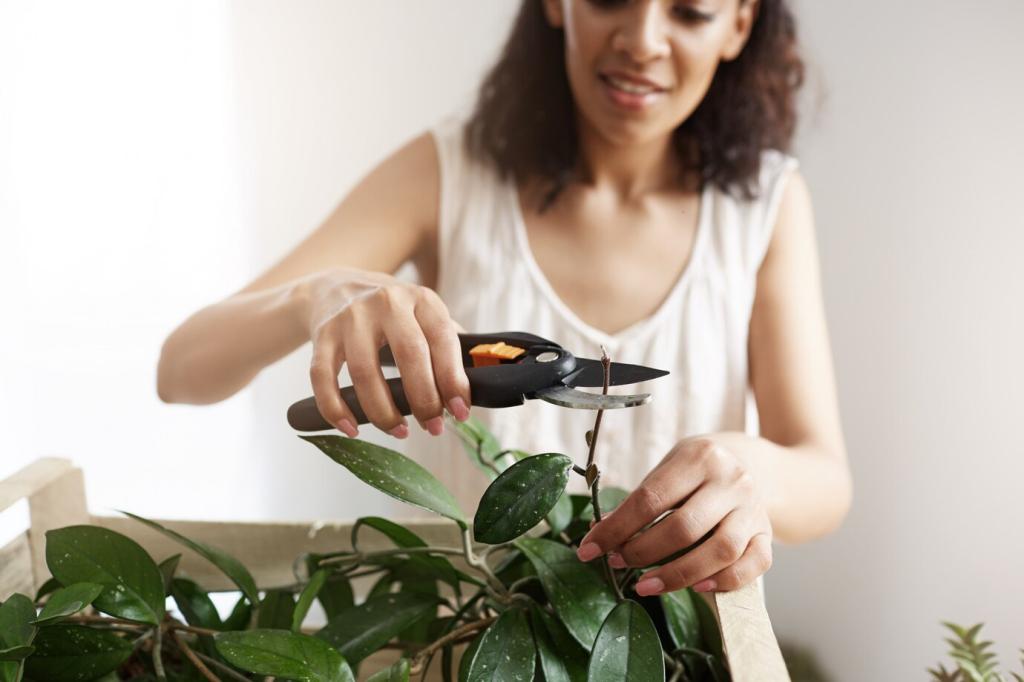
Harvesting and Reusing Rainwater
Collecting rainwater provides a renewable source for garden irrigation that supplements household consumption. Installing rain barrels or similar catchment systems allows homeowners to capture runoff during storms, storing it for use during drier periods. This practice not only reduces reliance on municipal water supplies but also helps manage stormwater, minimizing erosion and runoff. Using rainwater for outdoor uses like watering plants or washing outdoor furniture is an effective way to extend conservation efforts beyond the home’s walls.
